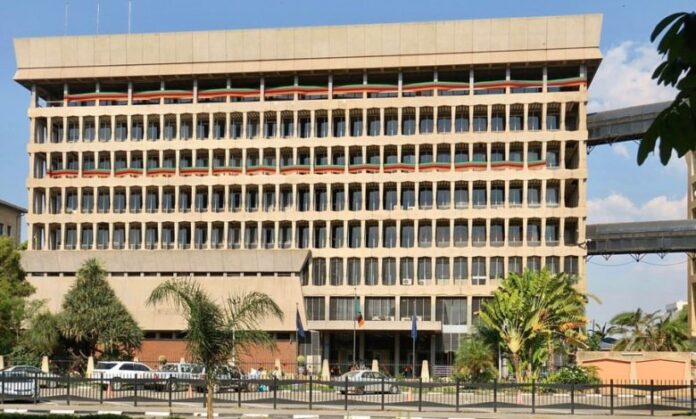Economic experts have projected an increase in borrowing rates as a result of a move by Bank of Zambia to increase the monetary policy rate.
The Bank of Zambia (BOZ) raised the monetary policy rate by 50 basis points from 9.5 percent to 10 percent.
A Financial Expert Bright Chizonde, said that the Monetary Policy Rate (MPR) is the benchmark interest rate which triggers adjustments in other interest rates.
He said a rise in MPR increases interest rates, hence making it more expensive to borrow money.
“Banks will lend out less money and thereby reducing the amount of money in circulation,” he said.
Meanwhile, Financial Expert Trevor Hambayi said the upward adjustment of the Monetary Policy rate is an attempt to reduce inflation which the country is currently grappling with.
Mr. Hambayi said the increase in the monetary policy rate will reduce the amount of capital that is available for the private sector to be able to borrow.
“With the increase in policy rate, it means that there is an increase in the yield rate for government securities which are the treasury bills and bonds,” Mr. Hambayi said.
He said Gross Domestic Product (GDP) growth requires the country to reduce the monetary policy rate to make borrowing more attractive and to increase the amount of money that is available for the private sector to invest into the economy for it to grow.
“This hasn’t happened since 2015 because we are more focused on limiting inflation rate than driving GDP growth,” he said.
He since urged government to focus more on driving GDP growth than having to maintain a single digit inflation rate.
He added that government should also liquidate the amount they owe in arrears to the private sector which is the money that has not been paid to contractors and suppliers which is about 2.5 Billion United States Dollars because it will help to create the liquidity that is required to drive the growth of the economy.
And Kelvin Chisanga an economist said the 50 percent basis point increase is in line with the development of inflation being experienced in the country.
Mr. Chisanga said the increase in the policy rate by the Bank of Zambia is meant to cushion the rise in inflation which has caused an increase in food costs.

